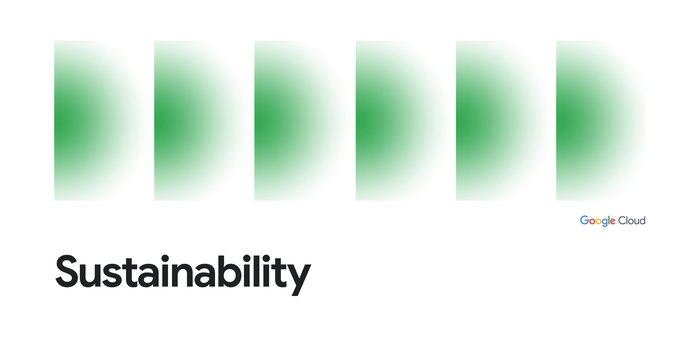Revolutionizing food systems with generative AI: Delicious healthy food for all

Carrie Tharp
Vice President, Strategic Industries, Google Cloud
Prue Mackenzie
Director, Retail/Food, Strategic Industries, EMEA
Do you wonder about the carbon footprint of that Mexican mango you bought in a New York bodega to brighten your winter day? What about a Normandy Camembert for sale in a Parisian cheese shop?
If you answered yes, keep reading.
Agriculture contributes to 30% of global greenhouse gas emissions, consumes 70% of the world’s freshwater resources, and is the leading cause of biodiversity loss1. At Google Cloud, we give a lot of thought to the COP28 themes of technology and innovation, inclusion, front-line communities and finance, and how they contribute to food-system transformation. We are seeing an important opportunity for food retailers to harness generative AI to positively impact how consumers shop and eat, to promote a net-zero and nature-positive food system.
Generative AI can help in three ways:
1. Enhance supply chain transparency: Generative AI can help consumers understand complex geospatial data so they can make more informed decisions on the environmental impact of their purchases (French cheese in Paris is usually a good choice!).
For example, with our partner NGIS, we built the Tracemark solution to enable companies to reduce the environmental impact of their supply chain and sourcing activities by eliminating deforestation, increasing certifications and decreasing social risks. Unilever is successfully using Tracemark for raw material traceability today.


Source: Tracemark
2. Implement sustainable practices in-store including reducing food waste: 30-40% of food produced ends up in landfills annually, contributing to 8-10% of global emissions, food insecurity and overproduction2. Coop was able to improve the accuracy of its customer food-demand forecast model by 43% with Google Cloud’s AI platform. Likewise, Carrefour uses Google Cloud to help improve the efficiency of its inventory management program, and Reskued, an online marketplace built on Google Cloud by Cargill, surfaces food at-risk of becoming waste in warehouses and distribution centers, and directs it to local businesses who can use it.
Food loss and waste costs the global economy $940 billion each year3 (to put that in context, Walmart’s 2002 revenue was $573 billion). Solving food waste not only helps the environment but improves affordability. When it comes to food, sustainable business practice is efficient business practice.
3. Build a more inclusive retail experience for consumers: Imagine a world where grocery shopping is more tailored to your needs. You receive meaningful recommendations for your shopping list driven by seasonal supply (for example, pears and apples in winter rather than mangos!) and great recipes that allow you to minimize food waste in your household — and be rewarded by your retailer’s loyalty program for these choices.
Imagine a world where everyone has access to healthy produce at a fair price, where interactions can be voice-generated and conversational, all powered by generative AI. We are building this solution today with one of the largest retailers in Europe.
Transforming food systems
Google Cloud is committed to supporting retailers and consumers transform food systems. Generative AI is rapidly enabling new solutions to enhance supply-chain transparency, reduce food waste and build a more inclusive retail experience for consumers. Critically, generative AI is making what was once a complex, costly and technical set of issues more accessible, more personalized and a more efficient way of doing food retail.
We’ll be blogging throughout COP28; follow along here.
References



